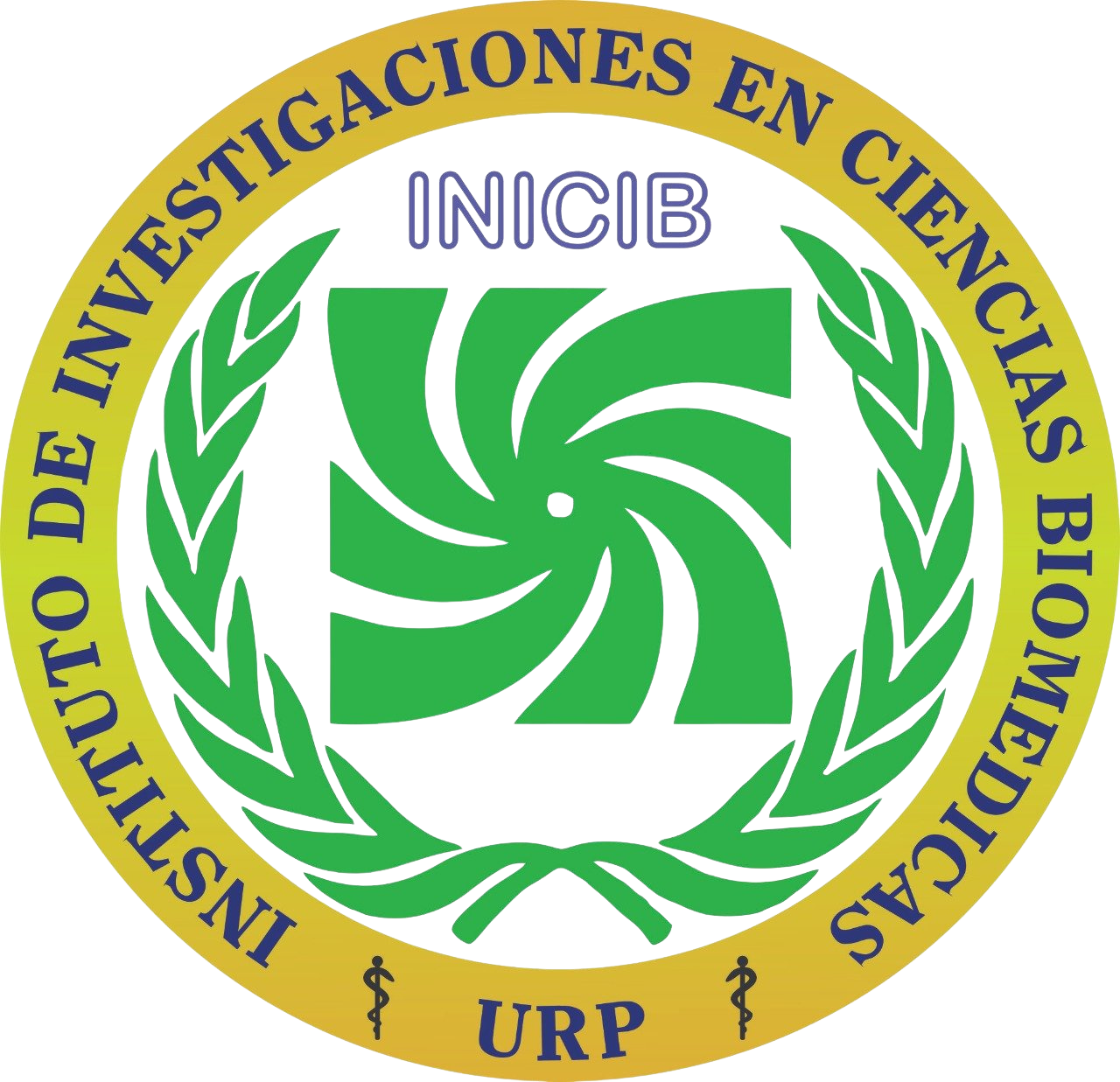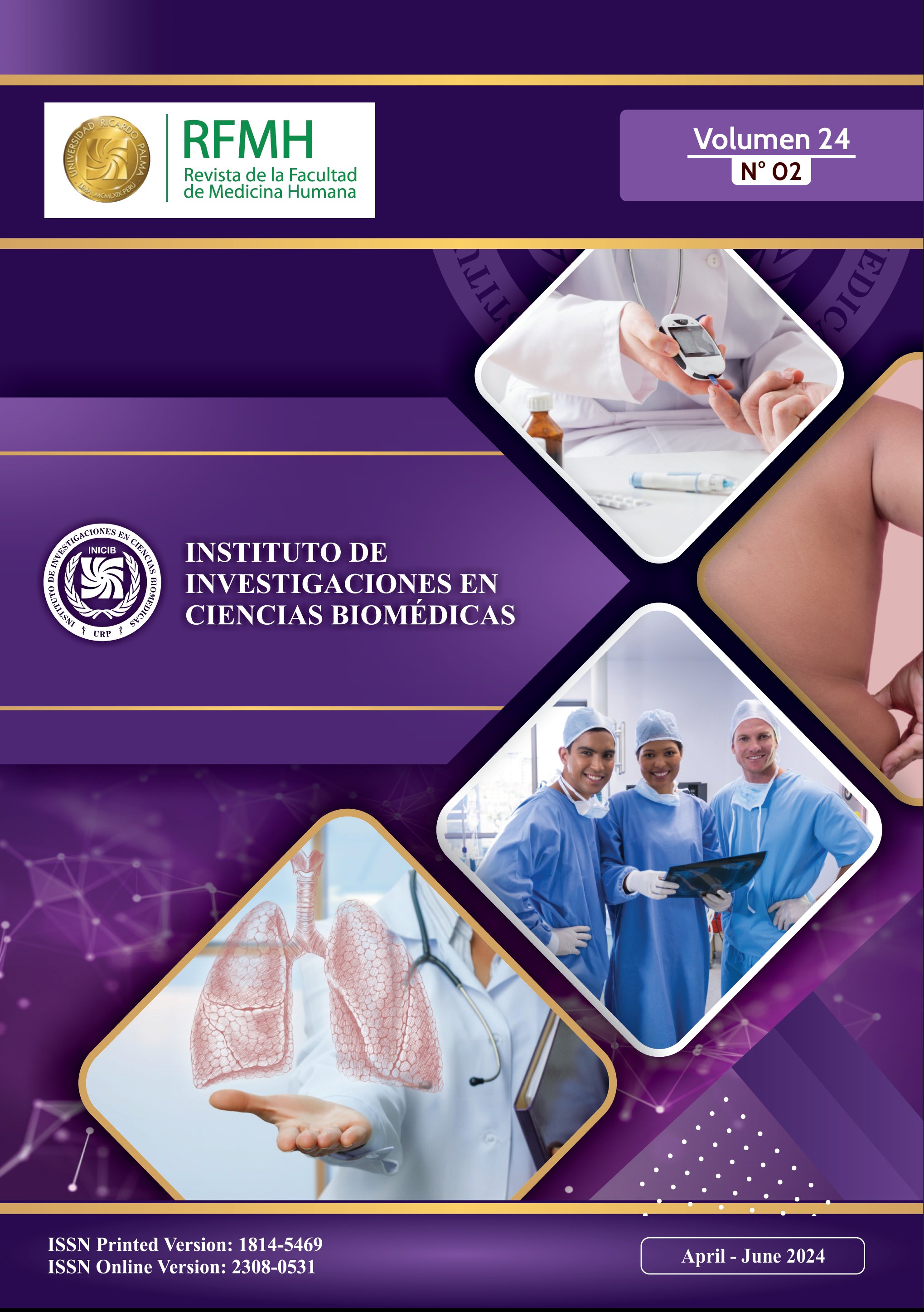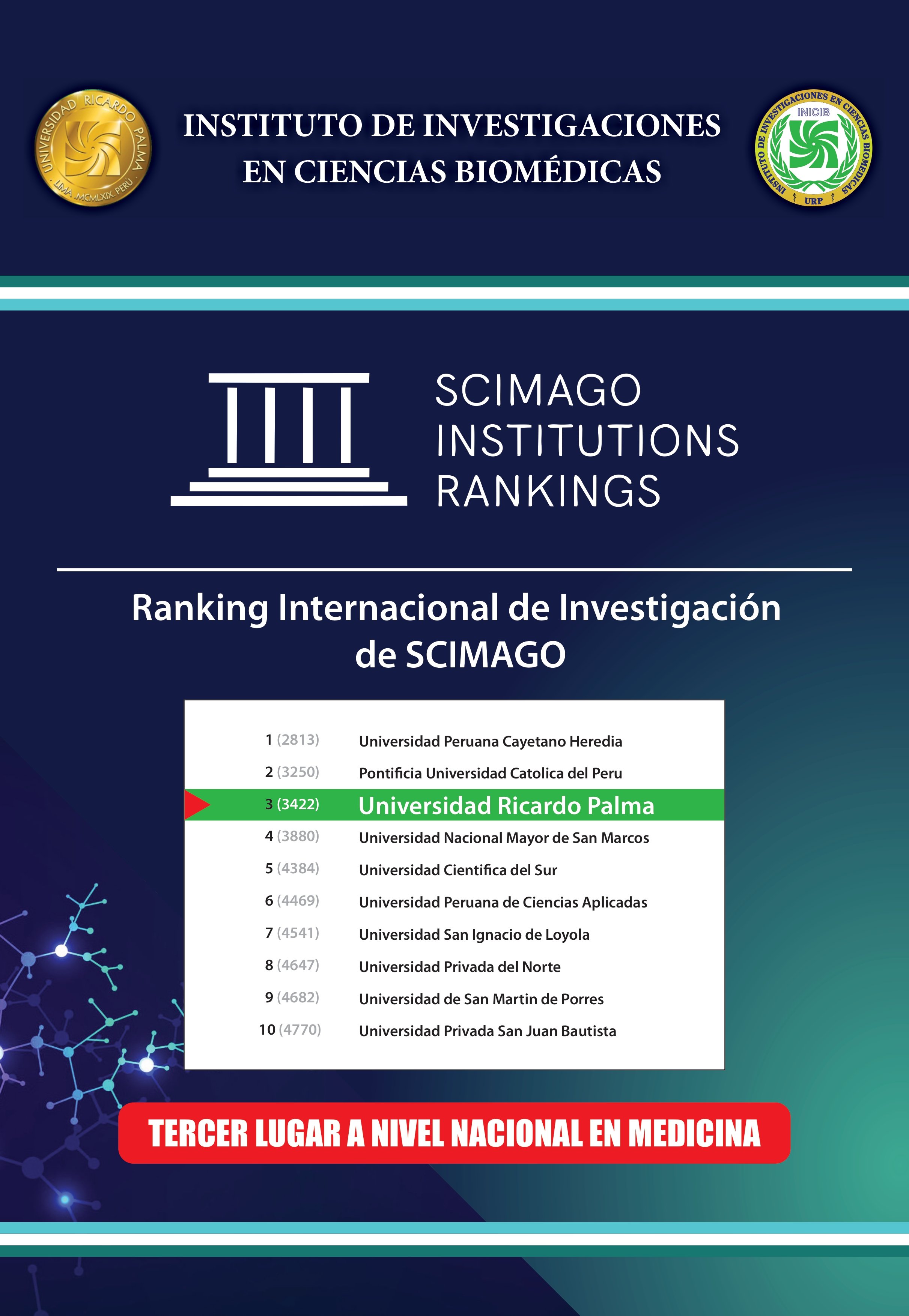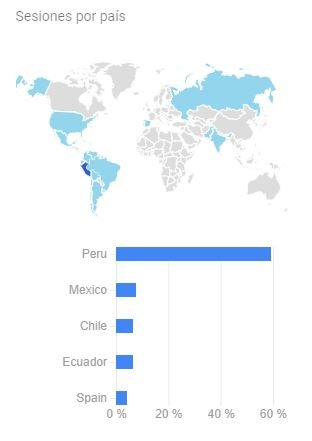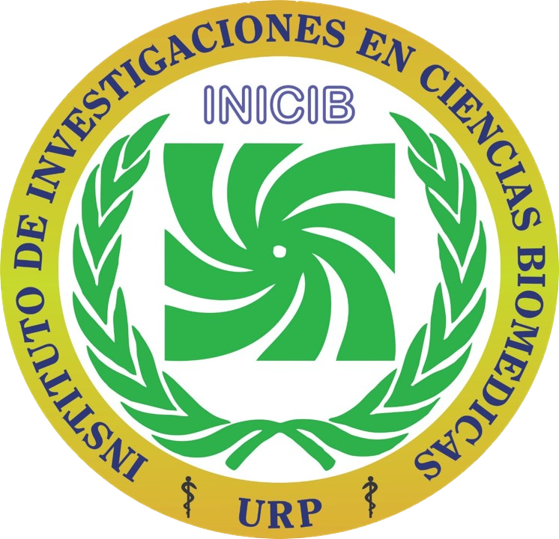Tratamiento y control de la diabetes con intervención de estilo de vida en pacientes ambulatorios: Serie de Casos y Actualización
Diabetes treatment and control using lifestyle intervention in outpatient setting: Case Series and Update
DOI:
https://doi.org/10.25176/RFMH.v22i1.4139Palabras clave:
Diabetes Mellitus tipo 2, dieta basada en plantas, estilo de vida saludable, remisiónResumen
Las cifras de prevalencia de la diabetes nos obligan a identificar métodos más eficientes a largo plazo para lograr el buen control de los pacientes. En este trabajo se reporta el curso clínico de 4 pacientes con diagnóstico de diabetes y prediabetes quienes fueron atendidos en la consulta externa y recibieron asistencia no intensiva para cambio de comportamiento en salud, orientada a aumentar consumo de fibra alimentaria y a aumentar sus niveles de actividad física. Se reportan cambios en indicadores bioquímicos y antropométricos. El paciente 1 en 5 meses logró suspender hipoglucemiantes orales, disminuyendo un 10% de su peso corporal y logrando criterios de prediabetes (remisión parcial). El paciente 2 en un período de 8 semanas logró alcanzar criterios de diabetes controlada, disminuyendo en 50% el índice HOMA IR. Además, se documentó pérdida de 4 kg de masa grasa corporal con ganancia de 3 kg de masa magra. Lo anterior se acompañó de una disminución del 23% del colesterol total y 38% de triglicéridos. La paciente 3 alcanzó criterios de remisión de DM2 durante un seguimiento de 18 meses(HBA1C 11.4% inicial y 5.3% final). La paciente 4 evolucionó a remisión de prediabetes y disminución de 5.9% de peso corporal total en un periodo de 3 meses.
Descargas

Descargas
Publicado
Cómo citar
Número
Sección
Licencia
Derechos de autor 2021 Revista de la Facultad de Medicina Humana

Esta obra está bajo una licencia internacional Creative Commons Atribución 4.0.


